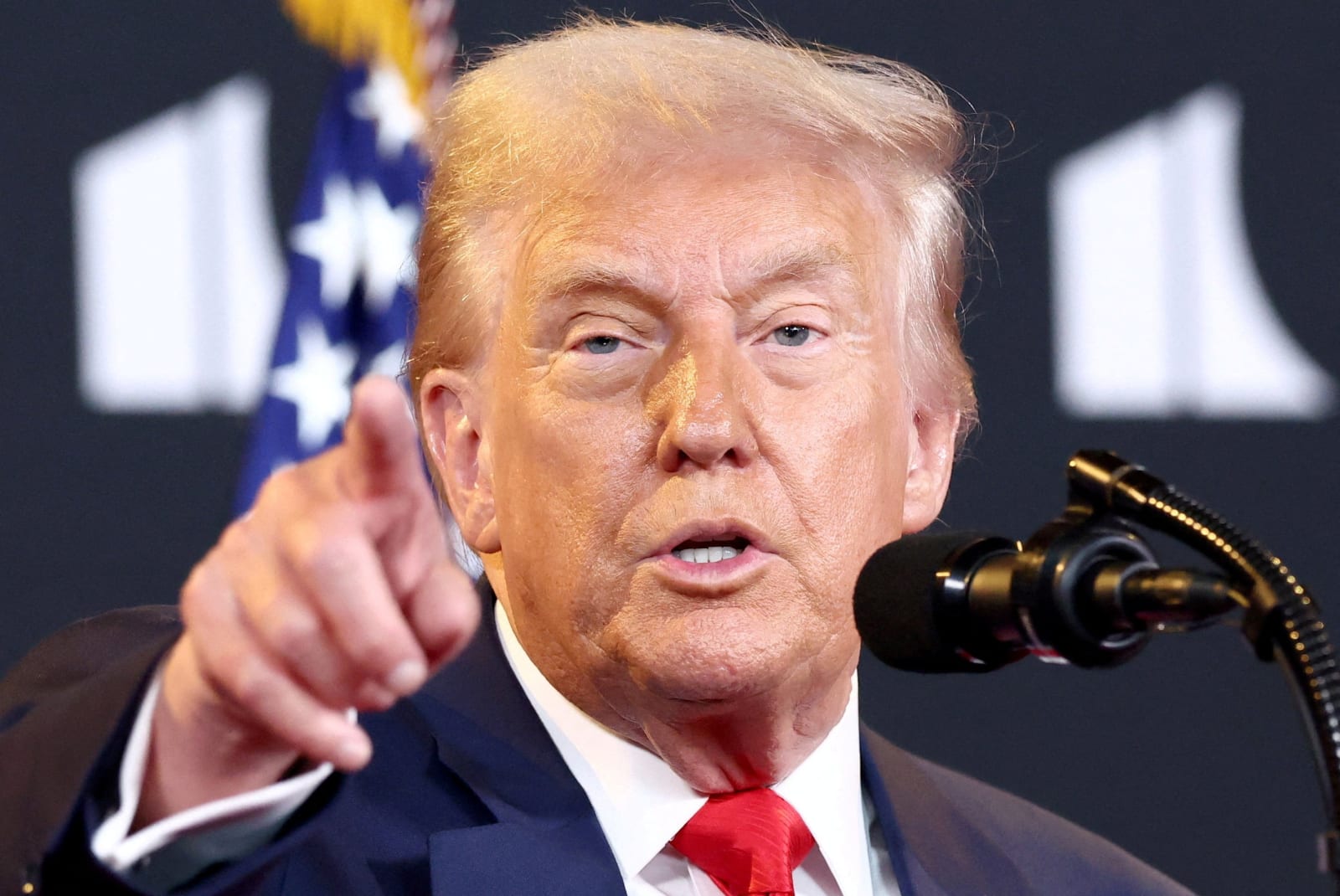
The Outlaw in Chief: A Career Criminal in the Oval Office
Donald J. Trump, the former president of the United States, has long been a figure of controversy and legal scrutiny. His actions, both during and after his time in office, have raised serious questions about his commitment to law and order. Criminologists often label individuals like Trump as “career criminals,” given his history of engaging in fraudulent, corrupt, and unlawful behavior.
Since his return to the presidency in 2025, Trump has continued to demonstrate a pattern of lawlessness that is both alarming and unprecedented. His administration has taken steps that further erode the foundations of democratic governance, with a focus on expanding executive power at the expense of constitutional checks and balances. This has led to widespread concerns about the integrity of the justice system and the potential for authoritarian rule.
Anand Giridharadas, a prominent writer, has highlighted the dangers posed by Trump’s influence, stating that the real crime problem in Washington, D.C., is the insurrectionist fraudster who seeks to take control of the city. This sentiment is echoed by many who fear that Trump’s policies will lead to a deeper divide among the American people, particularly along racial and socioeconomic lines.
The deployment of the National Guard to Los Angeles and later to D.C. has been criticized as a performative act rather than a genuine effort to address crime. These actions are seen as part of a broader strategy to create a climate of fear and anxiety, which can be exploited to justify further authoritarian measures. The use of federal troops in urban areas has also raised concerns about the violation of civil liberties and the potential for increased violence.
In addition to these actions, Trump's administration has made significant cuts to funding for law enforcement and criminal justice programs. These reductions have had a direct impact on communities across the country, particularly those already struggling with high rates of crime and poverty. The Council on Criminal Justice reported that over $300 million in grants were terminated, affecting a wide range of public safety initiatives.
The allegations of corruption and lawlessness against Trump are numerous and varied. They include undermining oversight mechanisms, conflicts of interest, and the exploitation of his position for personal gain. Trump has been accused of using his influence to extort businesses and individuals, while also targeting political opponents and suppressing anti-corruption efforts.
The lawlessness within the Trump administration extends beyond just policy decisions. It includes actions that violate the first amendment, such as executive orders targeting law firms. Additionally, there have been mass firings of federal workers without due process, which has further destabilized key government agencies.
The impact of these actions is felt not only in the political arena but also in the daily lives of citizens. Communities affected by these policies face increased challenges in accessing essential services and maintaining their rights. The administration's approach to issues like gun violence and public health has been criticized for its lack of comprehensive strategies and for stigmatizing vulnerable populations.
As the Trump administration continues to push forward with its agenda, the concerns about its impact on democracy and the rule of law remain pressing. The actions taken by the administration raise serious questions about the future of American governance and the protection of civil liberties. The need for accountability and transparency has never been more critical, as the nation grapples with the implications of a leader who appears to prioritize personal gain over the public good.
In conclusion, the legacy of Donald J. Trump as a president is one marked by controversy, legal challenges, and a deepening crisis of trust in democratic institutions. The ongoing efforts to undermine the rule of law and expand executive power pose significant threats to the stability and integrity of the United States. As the nation moves forward, it is essential to remain vigilant and to advocate for a government that truly serves the interests of all citizens.


No comments:
Post a Comment